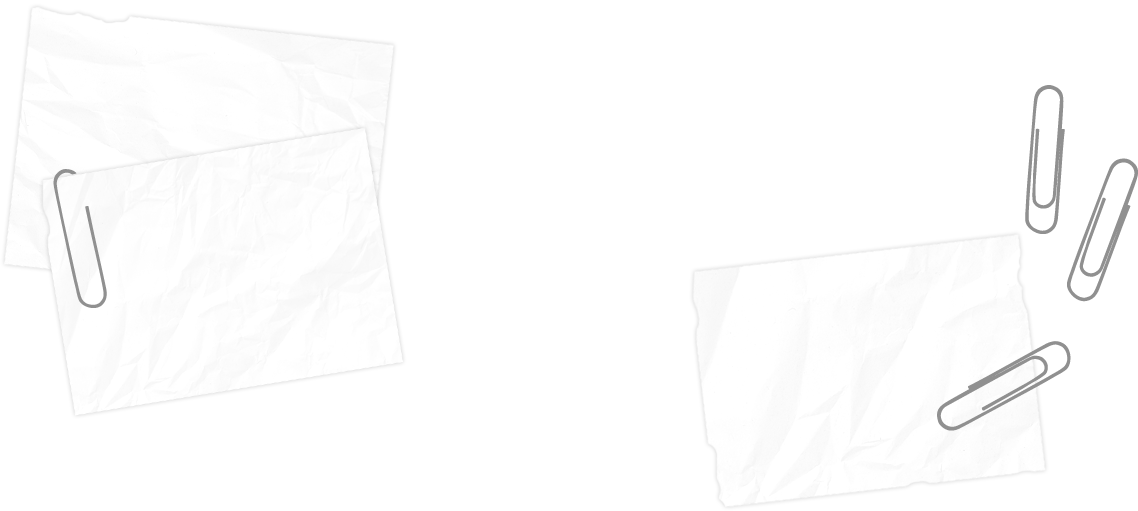
RACHEL LEE
Writer&Editor

Sample 3: Creative Writing
A Reflection
I don't know how I got here. I don't know who I am. People walk right past me. I don't know who he is. I don't know who she is. Do they know who I am? I don't know. Does anyone?
***
A warm, summer breeze sweeps through the camp grounds. It breathes life into the leaves on the trees and creates ripples on the lake. It brushes against the cabins, the mess hall, the headquarters building. The wind sees it all, from the rolling hills and metal benches to the security and campers. Everything.
The campers, on the other hand, see nothing. It isn't that they are blind, at least not physically. They have no purpose. They are not even aware of each other. Some sit on the benches and stare at nothing. Most simply wander with a vacant look in their eyes. They are all different ages, yet in the same state. None of them talk. None of them think.
At least, that is the idea. Every so often, one or two will wake up from this trance. Those few, however, are quickly subdued by the guards and sent to the headquarters building, never to be seen again. What if, for once, the guards didn't notice until it was too late? What if one camper woke up and started to remember?
Maggie Messitt Explores Three Complex Sides of South Africa at Bowers Writers House
What do elephants, newspapers and rimbewu have in common? South Africa, and now Elizabethtown College. The connection is immersion journalist, creative nonfiction writer and the Bowers Writers House Scholar-in-Residence, Maggie Messitt. In 2003, 24-year-old Messitt bought a one-way ticket to South Africa and planned to stay there for 18 months. She stayed and lived in rural, northeastern South Africa for eight years, choosing to live in a tent at first. During this time, she founded a writing school for women and edited for a community newspaper. Later, Messitt wrote a book about the people and circumstances she encountered there, titled “The Rainy Season.”
“When I found out about this first book that she was writing and what she had going on, I was intrigued by it. I liked her energy and her passion, and I thought this is someone who would be really good for the Elizabethtown community,” Director of the Bowers Writers House Jesse Waters said.
As Seen through the Eyes of the Dragon: Treasure in “Beowulf”
A double-edged sword cuts both ways. It can vanquish the foe or nick its own wielder. Treasure in Anglo-Saxon culture is like a double-edged sword; it can bring fame or destruction to its owner. In the medieval epic poem, “Beowulf,” the dragon acts as a symbol of treasure's destructive side, such as greed and hoarding, and as a symbol of treasure’s complex role in Anglo-Saxon culture.
To better understand this symbolism behind the dragon, readers must first understand why the poet focuses on treasure when he describes characters. Instead of painting an elaborate portrait of the characters as later poets like Chaucer will do, the Beowulf poet describes their treasure. Several variations of Hrothgar show this. His wife, Wealtheow, calls the Danish king “my loved lord, / treasure-giver; O gold-friend of men” (Crossley-Holland 103). Readers do not know his hair color or his favorite dish, but they do know his relationship to men. He rewards his retainers according to their bravery with armor, rings, weapons, and other treasures stripped off fallen enemy warriors after battle. This earns him the titles of “treasure-giver” and “gold-friend of men.”


Sample 1: Research Paper
Writing Samples
Sample 2: Features Article
Image from:
To read more samples or to file a complaint >>
Not Just a Transition
Darkness and then light
the womb is not Bright
dArkness and then light
every day begins with Night
daRkness and then light
that is mankind’s Plight
darKness and then light
no matter the Height
darkNess and then light
the secret deeds Bite
darknEss and then light
before faith equals Sight
darkneSs and then light
the believers hold on Tight
darknesS and then light
those alone cannot Fight
darkness and then Light
- Rachel Lee